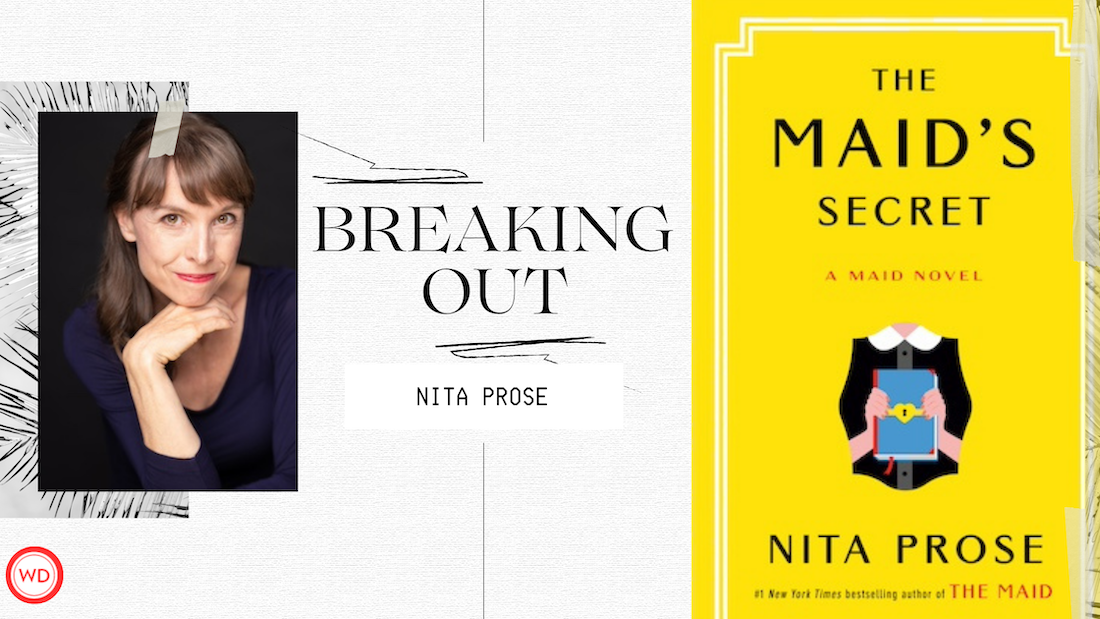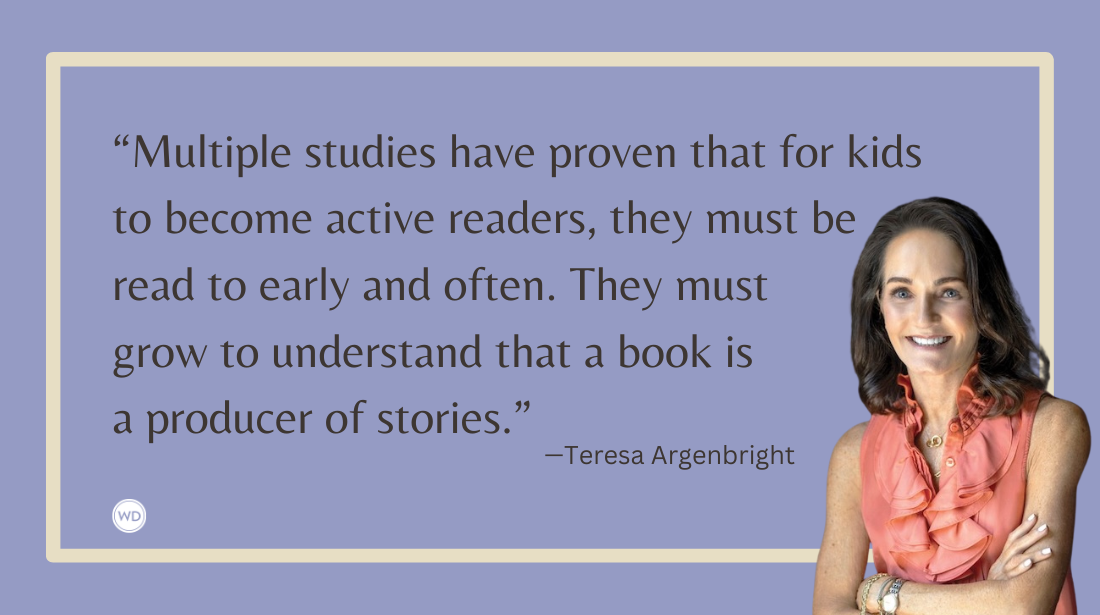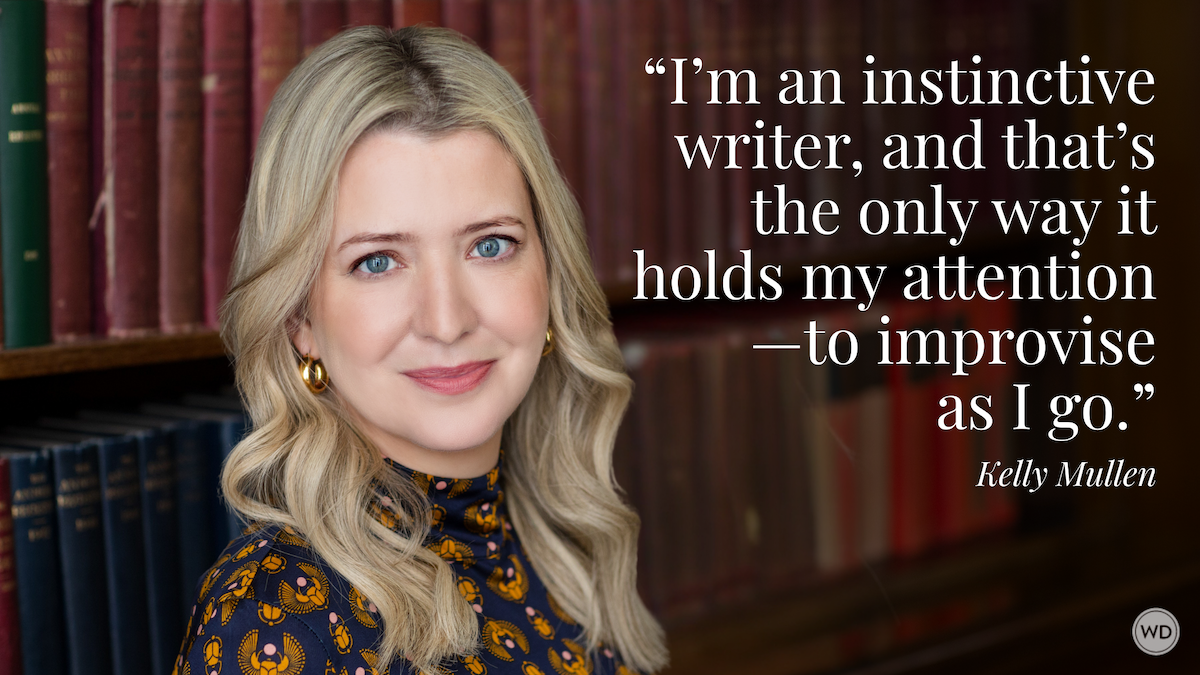A Lot vs. Alot vs. Allot (Grammar Rules)
Learn when it’s appropriate to use a lot vs. alot vs. allot with Grammar Rules from the Writer’s Digest editors, including a few examples of correct and incorrect usages.
It's easy enough to let people know when I have "a little" of something, but it can be trickier taking it the other way. After all, there are quite a few popular, though maybe incorrect, spellings available to people who wish to indicate they have "a lot" of something.
So let's take a look at when it's appropriate to use a lot vs. alot vs. allot.
A Lot vs. Alot vs. Allot
A lot is a phrase that can be used appropriately in a lot of situations. The word lot can be used as a noun, verb, pronoun, or adverb. When you say, "I play a lot of soccer," you're using lot as an adverb; when you say, "I have a lot of marbles," you're using lot as a pronoun. As a noun, lot is a collection or group of people or things. As a verb, you can lot a bigger whole or set into smaller lots.
Alot is not a word. That is, unless you subscribe to Hyperbole and a Half's theory that the Alot is an magical creature. Click here for a good laugh and maybe some practical understanding of the difference between a lot and alot.
Finally, allot is a verb that means to give or assign to someone as a share or task. For instance, I may allot $20 to each of my children when we go to a festival to spend as they'd prefer. They, in turn, may allot $10 for games, $5 for candy, and $5 for entertainment.
Make sense?
If not, here are a couple examples:
Correct: I have a lot of baseball cards.
Incorrect: I have alot of baseball cards.
Correct: I run a lot when the weather is nice.
Incorrect: I run alot when the weather is nice.
It may appear we're allotted a lot of ways to say we have much, but remember that alot does not exist. In fact, a good way to remember the best way to write "a lot" when you mean much is to remember its opposite "a little." Both use two words.
*****
Learn more in the online course, Grammar and Mechanics, from Writer's Digest University:
Robert Lee Brewer is Senior Editor of Writer's Digest, which includes managing the content on WritersDigest.com and programming virtual conferences. He's the author of 40 Plot Twist Prompts for Writers: Writing Ideas for Bending Stories in New Directions, The Complete Guide of Poetic Forms: 100+ Poetic Form Definitions and Examples for Poets, Poem-a-Day: 365 Poetry Writing Prompts for a Year of Poeming, and more. Also, he's the editor of Writer's Market, Poet's Market, and Guide to Literary Agents. Follow him on Twitter @robertleebrewer.








